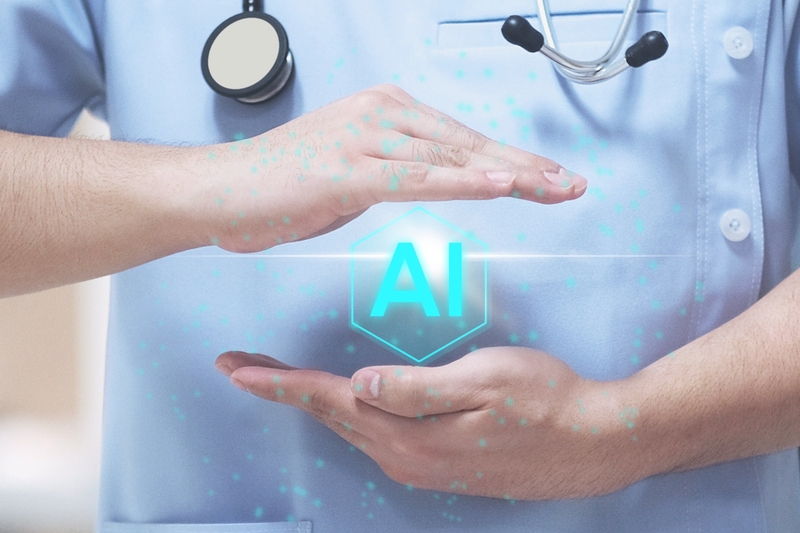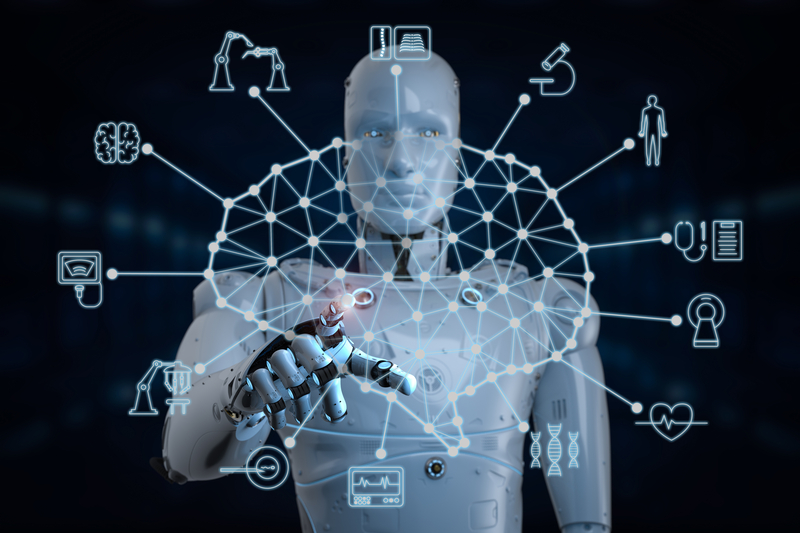The emergence of artificial intelligence (AI) is bringing about revolutionary changes in the healthcare industry, where accuracy and productivity are critical. This also applies to the recording of medical progress notes, which are an essential part of patient care. These notes are the foundation of patient records because they capture the subtleties of every interaction and direct treatment in the future.
Automating Routine Documentation Tasks

For healthcare practitioners, AI’s ability to automate repetitive paperwork duties is revolutionary. Conventional techniques for documenting medical progress notes can be laborious, sometimes necessitating that physicians dedicate substantial periods of their day to writing comprehensive reports. This procedure not only wastes time that might be better used to care for patients, but it also raises the possibility of mistakes and omissions in the paperwork. Medical practitioners can now dictate their notes, which are instantly turned into text, by using AI-powered transcription technologies. These devices record the specifics of patient encounters in real time by precisely transcribing spoken words into the written form using complex natural language processing (NLP) algorithms. AI can also be designed to identify and classify different kinds of clinical data, which further streamlines the recording process.
Enhancing Accuracy and Consistency
For patients to get quality treatment and to comply with the law, medical progress notes must be accurate and consistent. Errors made by humans in the documentation process can cause serious problems, such as delayed or incorrect treatment. Artificial intelligence (AI) systems provide a potent answer to these problems because of their capacity to handle and analyze enormous volumes of data rapidly and precisely. AI systems can find differences, inconsistencies, or possible mistakes by cross-referencing fresh patient notes with data that already exist and clinical recommendations. By ensuring that every input is correct and comprehensive, this automated review process helps to provide a solid basis for patient care. AI-powered Progress Notes can also standardize the terminology and format of progress notes, fostering consistency across various healthcare institutions and practitioners.
Providing Real-Time Clinical Decision Support
Real-time clinical decision assistance from AI is another important development in the production of medical progress notes. With their sophisticated analytical capabilities, modern AI systems can evaluate patient data and provide useful insights while the documentation process is underway. Healthcare professionals can benefit greatly from this real-time assistance, which enables them to make well-informed choices more rapidly and precisely. An AI system, for instance, can instantaneously analyze the notes taken during a patient interaction by a doctor and provide pertinent suggestions based on the patient’s medical history and current guidelines. This might include pointing out potential medication interactions, making suggestions for more testing or treatments, or even making suggestions for probable diagnoses. Artificial intelligence (AI) improves the capacity of clinicians to provide excellent, evidence-based treatment by incorporating these insights straight into the documentation process.

Streamlining Compliance and Regulatory Reporting
For medical practitioners, adhering to reporting and regulatory standards in medicine is difficult and often demanding. In order to comply with regulatory requirements, get insurance reimbursements, and avoid responsibility, thorough documentation is necessary. This procedure is made simpler by AI technology, which generates compliant and thorough progress notes automatically. AI systems can be trained to make sure that paperwork complies with all legal standards, including those pertaining to the use of recognized medical language or the inclusion of particular patient information. Healthcare practitioners have less administrative work to do because of this automation, which also lowers the chance of non-compliance.
Facilitating Advanced Analytics and Predictive Insights
AI integration offers new opportunities for enhanced analytics and predictive insights in medical progress notes production. Conventional documentation techniques usually concentrate on capturing patient data from the past and present; however, artificial intelligence (AI) allows for a proactive strategy that can predict future health patterns and results. Artificial intelligence (AI) technologies can find patterns and connections in massive databases of medical information that human practitioners might not see right away. These findings can be used for risk assessment, preventative measure recommendations, and patient outcome prediction. AI, for instance, can estimate the chance of illness development or consequences by analyzing progress notes. This enables medical professionals to act early and modify treatment programs appropriately.

Conclusion
AI’s incorporation into medical progress report recording signals the beginning of a new age in healthcare that will be efficient, accurate, and insightful. As artificial intelligence (AI) develops further, its influence on medical documentation will only increase, leading to further advancements in patient care and healthcare administration.

